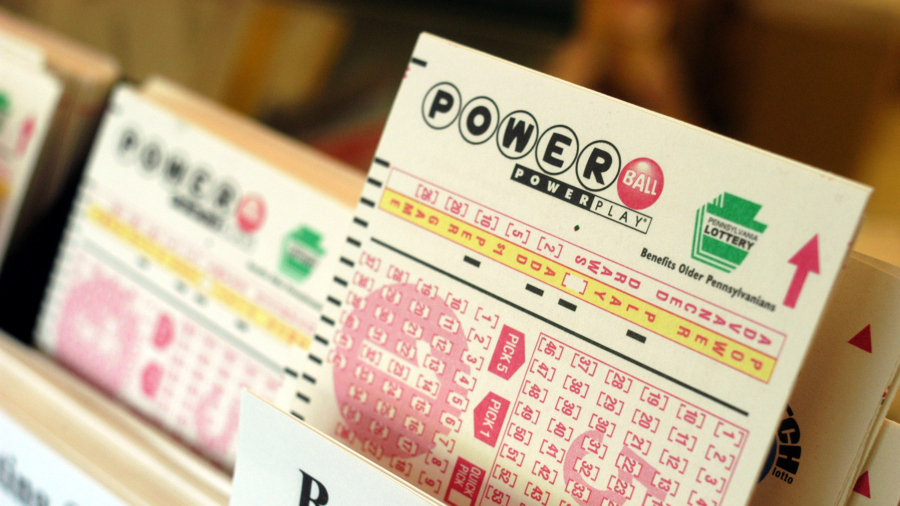A Colorado man who split a $4.8 million jackpot with two brothers who were convicted of rigging the lottery now wants the full winnings, arguing that unlike the siblings he played the game fairly.
Amir Massihzadeh won the Colorado Lotto jackpot in 2005 but found that two other people also held the winning numbers. The three people split the winnings. Massihzadeh took home approximately $568,990 because, like many winners, he chose a lump sum payout and taxes took off part of the sum.
A decade later Massihzadeh was interviewed by Colorado Bureau of Investigation agents who thought that some people were conspiring to rig the lottery.
Massihzadeh was not suspected of wrongdoing but the other two co-winners from 2005 were convicted in the scam.
Eddie Tipton, the man accused of rigging the #IowaLottery among others, is back in court this morning. pic.twitter.com/iZS44T9c5l
— Eric Knifong (@e_knifongTV) June 29, 2017
Prosecutors said that Eddie and Tommy Tipton conspired with others to buy the two other winning tickets after Eddie Tipton, who was the security director for the Multi-State Lottery Association, programmed software that drew lottery numbers for several states. The brothers pleaded guilty.
According to the Des Moines Register, the software lowered the winning odds from 5 million to 1 to 200 to 1 and led Tipton and his associates to win at least five jackpots across Colorado, Wisconsin, Iowa, Kansas, and Oklahoma.
Because of the pleas, Massihzadeh believed he should now get all of the winnings since he would have been the sole winner had the brothers not rigged the jackpot.
“He was informed he has the sole legitimate winning ticket to that game in 2005,” said Sean Duffy, the representative for Massihzadeh’s attorney, told KUSA. “So, to be fair, he said, ‘How about I get what I deserve, which is the full payout?’ Unfortunately the state has refused to do that.”
Brothers Eddie and Tommy Tipton’s scheme rigged $24 million of ‘random’ lotteries. They own $1.8 million of property yet have repaid almost nothing https://t.co/qnYl3sUAmU
— USA TODAY Money (@USATODAYmoney) December 27, 2018
But the Colorado Lottery refused to award the rest of the winnings to Massihzadeh, saying he signed a contract when he inked the original ticket that he would accept a third of the prize.
Massihzadeh filed against the lottery in court in an attempt to get the rest of the money and the Colorado Court of Appeals is set to hear the case on April 16, reported the Denver Post.
“If an honest person plays a game by the rules, but other players cheat to win and get caught, then the honest player should get the whole jackpot and the cheaters should not get anything,” Robert Duncan, one of Massihzadeh’s attorneys, said in an email to Post. “But when we went to the state, it said it did not owe our client anything.”
Lottery officials referred questions to the state Attorney General’s Office, which declined comment.
ICYMI: A Boulder man held one of three winning Lotto tickets in 2005. The other two were cheaters. So why won’t the Colorado Lottery give him the full jackpot? @BySajaHindihttps://t.co/mdjMKvZve0
— Noelle Phillips (@Noelle_Phillips) April 15, 2019
The Tiptons were required by court order to pay Colorado approximately $1.1 million in restitution, or the total amount they received for winning the jackpot. The state said in its filing in response to Massihzadeh’s lawsuit that the Tiptons haven’t paid any of the money back as of yet and are not expected to do so.
“Massihzadeh, unaware of the fraud, purchased a quick pick ticket. He now claims that the Division’s payment of two-thirds of the jackpot to the other ticket holders breached his own contract with the Division,” the Colorado Lottery argued in its brief before the appeals court, according to the Post.
“In doing so, he entirely disregards the terms of that contract. He also ignores the obvious—he was an unknowing beneficiary of the fraud, not a victim of it. The Division was defrauded of at least $1.6 million in prize money in 2005. Massihzadeh now asks the Division to pay this amount a second time.”
The suit was dismissed by a Denver District Court judge in February 2018, setting up the date with the Appeals court.

